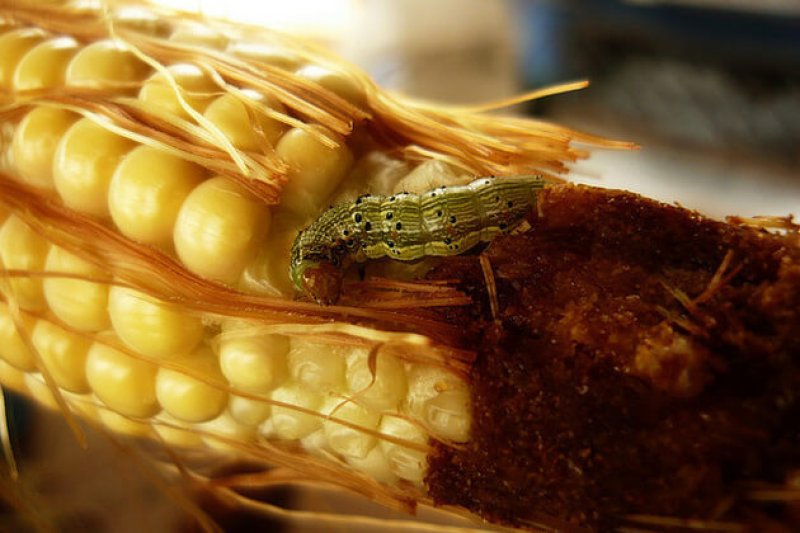The anti-GMO movement has been positioned as a “green” cause since its inception. Messing around with ecosystems is bad, goes the thinking, and messing with plant DNA must be the ultimate messing with ecology. But studies have shown genetically modified crops as having a net environmental benefit, like a new one demonstrating the success of biotech’s banner crop, Bt corn, in reducing the use of pesticides.
The new study, out in the Journal of Economic Entomology, looks specifically at the greenness of Bt sweet corn. The findings here are hardly surprising: Crops that produce their own pesticide need less pesticide applied. Neat.
Bt corn is corn that produces a bacteria called Bacillus thuringiensis. This bacterium is harmful (via toxins it produces) to pest insects like beetles and nematodes, but harmless to humans (and, crucially, bees). Bt, when applied from a bottle, is actually considered organic.
Read the full, original story here: “Can Green GM Crops Convince Enviro-Minded Consumers?”
Additional Resources:































